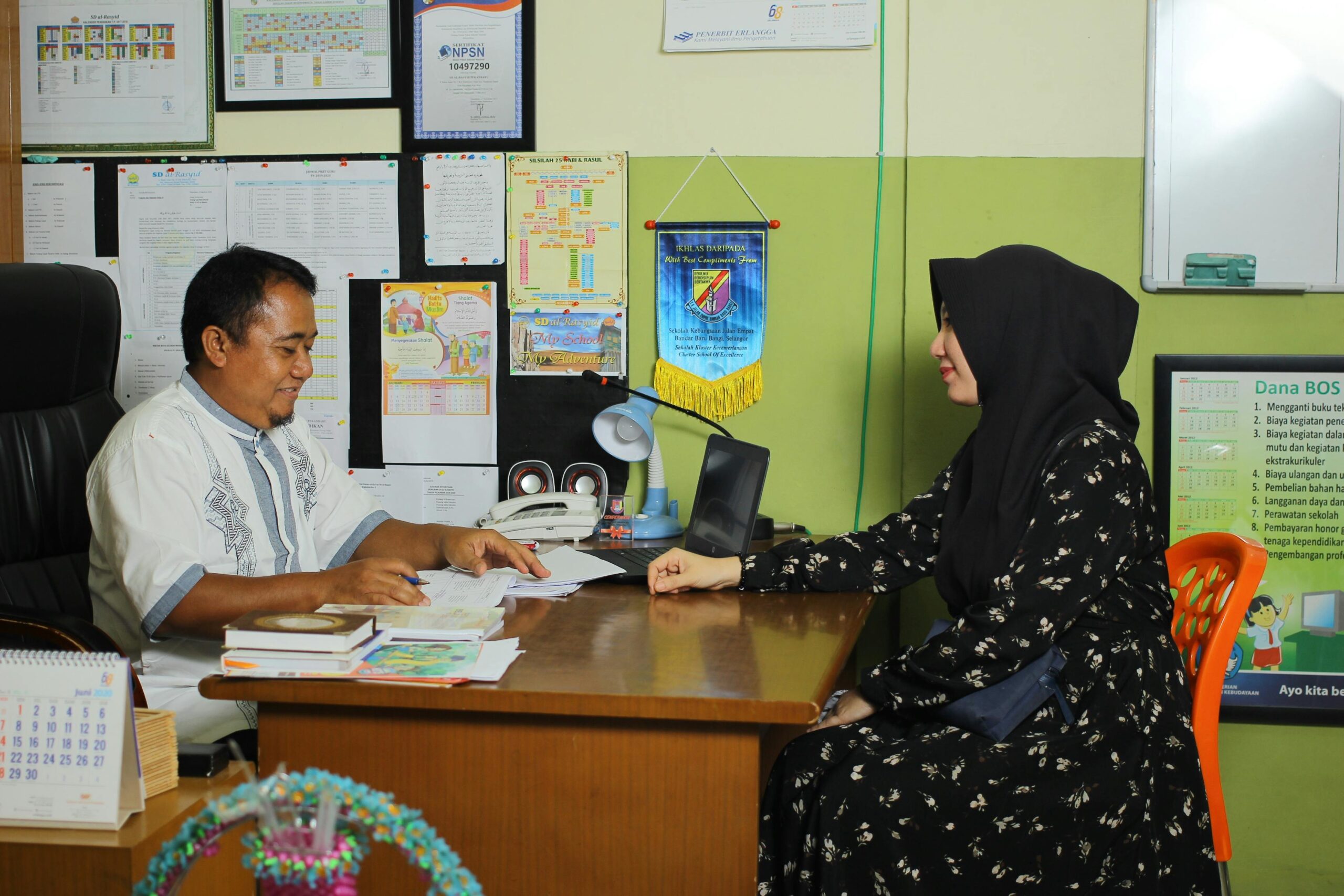In an ambitious move, Indonesian universities are actively working to enhance their international competitiveness and attain “world-class” status, with full support from the country’s Education, Culture, Research, and Technology Minister, Nadiem Makarim. A total of 54 universities, both public and private, are undergoing assessments and receiving assistance from the ministry to meet international standards, focusing on improving learning processes, research, and curriculum development.
President Joko Widodo has also endorsed this initiative, emphasizing the need to increase the budget for higher education and research to sustain the ‘world-class’ program beyond his term, which concludes with the upcoming elections on February 14. However, the current budget allocation of IDR6,400 trillion (US$407 million) is deemed insufficient by Jokowi, prompting a call for increased financial support.
Addressing longstanding concerns about the quality of higher education in Indonesia, particularly in research, the ministry has been pushing universities since 2015 to rank among the world’s top 500. Despite these efforts, only three Indonesian universities, namely the University of Indonesia (UI), Bandung Institute of Technology (ITB), and Gadjah Mada University (UGM), have achieved ‘world-class’ status according to Quacquarelli Symonds (QS) World University Ranking.
UI, which rose to 290th place in the 2023 QS ranking, attributes its success to a commitment to improving education quality, intensifying research efforts, and fostering innovation. Meanwhile, ITB and UGM have set ambitious targets in their strategic plans to reach the world’s top 200 universities through increased research publications, international collaborations, and attracting foreign students.
However, challenges persist, as UGM acknowledges being behind institutions in neighboring countries. The debate within the university community regarding the prioritization of international rankings over social impact adds complexity to the pursuit of ‘world-class’ status.
Even universities under the Religious Affairs Ministry, like Sunan Gunung Djati State Islamic University Bandung (UIN SGD Bandung), are joining the race. UIN SGD Bandung, having achieved the “best university” status under the ministry, now aspires to be a top university within the Association of South East Asian Nations region.
While emphasizing the importance of realistic and gradual measures, UIN SGD Bandung aims to maintain its relevance to society by encouraging international engagement and preparing international classes for foreign students. Some argue that the focus should be on benefiting the local community first, as the high number of universities in Indonesia may not necessarily equate to high academic quality.
Critics, including communication expert Asep Saeful Muhtadi, suggest that Indonesia’s emphasis should shift towards addressing the low quality of education rather than pursuing world rankings. With over 4,500 campuses and over 31,000 study programs, the country’s focus on quantity over quality is questioned, especially when compared to neighboring countries with fewer universities and higher academic standings.
Sumanto Al-Qurtuby, an anthropology professor, emphasizes the need to prioritize addressing the low quality of education over pursuing world rankings. He points out that the high number of universities in Indonesia does not necessarily equate to high academic quality and highlights the significantly lower number of foreign students compared to neighboring countries.
Despite these challenges, Indonesian universities face obstacles in generating scientific publications due to lecturers being overwhelmed with teaching and administrative duties, leading to limited time for research and writing. This hampers their ability to compete on the global stage and attract foreign students.
In conclusion, while Indonesian universities are striving for global recognition, there is a pressing need to balance the pursuit of ‘world-class’ status with addressing fundamental issues such as the quality of education and the allocation of sufficient funds to support these ambitions.
![]()

pharmacy viagra uk
viagra generic brand
buy viagra 500mg